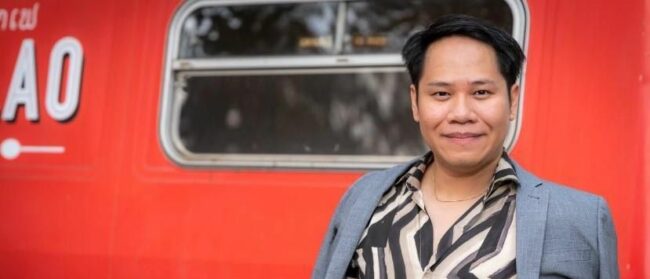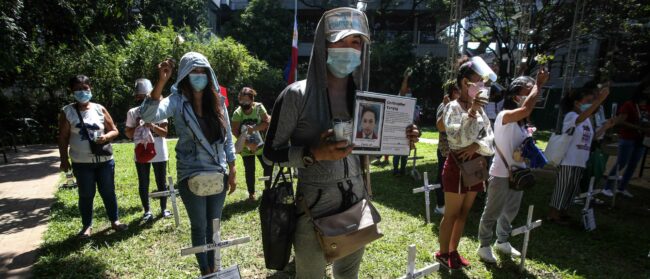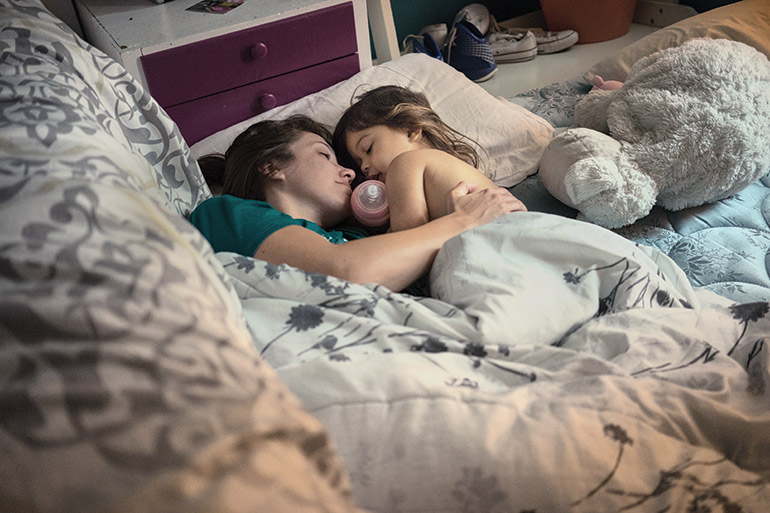
On a wintry day in December 1984, Sokhoeurn Kol and her two sons arrived in the US city of Philadelphia, Pennsylvania – a foreign land they would come to call home – as refugees from a genocide and protracted civil war in Cambodia.
More than 3,000km away in Dallas, Texas, four-year-old Elizabeth Beach was unaware that her future husband had just touched down in the US, a country where they could never be together.
An estimated 1.7 million Cambodians died during the Khmer Rouge regime, which ravaged the country between 1975 and 1979, a period of devastation that was followed by a decade of civil war. More than 100,000 Cambodian refugees were resettled in the US as a result – many in poor, crime-riddled neighbourhoods where some turned to crime to survive.
Now, some are being forcibly sent back to the land they fled.
Legislation passed by the US Congress allowing for non-citizens to be deported for committing certain crimes – even if they were perpetrated before the law came into effect – has led to more than 500 people being deported back to Cambodia, according to the Returnee Integration Support Centre. On average, eight Cambodian-Americans are deported back to Cambodia every month. Many have few memories of the country, having left as small children.
Sokhoeurn’s eldest son, Ly Hov Kol, was deported to Cambodia in 2010 aged 36, for gang-related crimes he had committed as a teenager in 1996. After serving a 13-year prison sentence he became a prominent community member, but the life he had built was ripped away from him when US authorities carried out the deportation order.
In Phnom Penh, Ly Hov crossed paths with Elizabeth Beach, and the pair fell in love. They married in 2011 and had a child, Kathleen, the following year. But this family unit is now torn as well, as Beach felt unable to live in Cambodia long-term. After much toing and froing this has resulted in the family moving to South Korea but with long periods spent apart. Ly Hov follows his family wherever they go, as long as he can travel there legally, as they search for a long-term solution.
After spending most of his childhood in a Thai refugee camp before moving to the US, Ly Hov feels he has been doubly sentenced – leaving one prison for another. “I’m more American than I am Khmer,” he says.


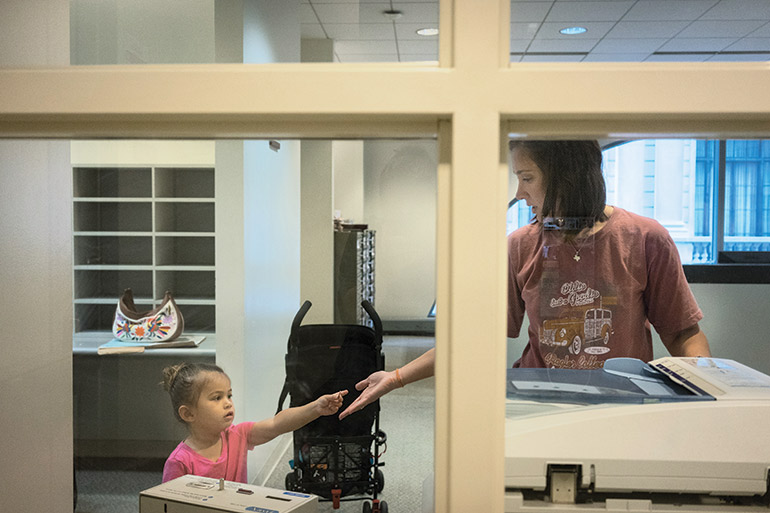

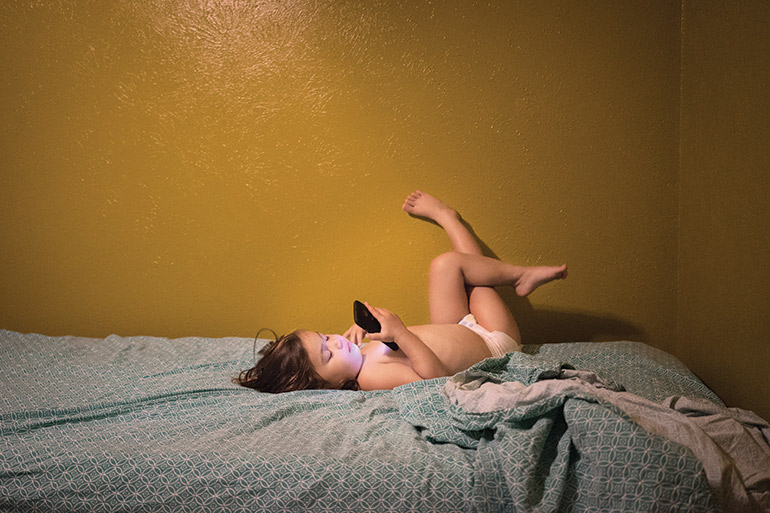
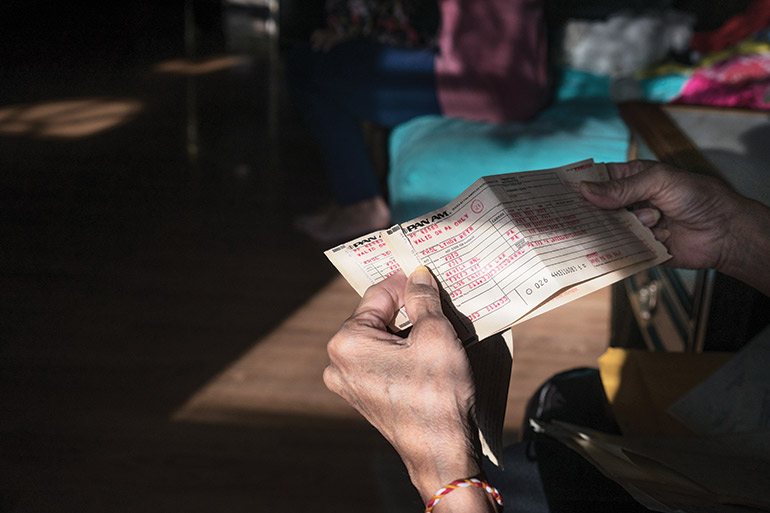

a swimming pool in Phnom Penh

